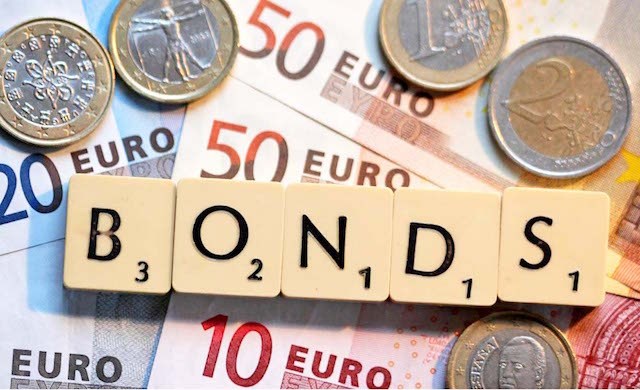Nigeria’s Eurobond market experienced significant activity as foreign portfolio investors (FPIs) initiated selloffs in search of higher returns from international debt securities. These prolonged selloffs led to a nine basis point increase in the benchmark yield week-over-week, according to TrustBanc Capital Limited, with trading activity observed across the longer end of the yield curve.
A group of fixed interest securities analysts noted that Nigerian Eurobonds had been performing positively, indicating a shift in market sentiment and making Nigeria’s yields more appealing. This optimism was further bolstered by growing investor confidence in Nigeria’s ongoing reforms.
However, last week saw a rise in the benchmark yield. Cowry Asset Limited reported that sell pressure affected the short, mid, and long segments of the yield curve, resulting in a 0.09% increase in the average yield to 9.73%, as stated by traders.
The sentiment among foreign portfolio investors turned negative in the international capital markets ahead of the upcoming US elections. Last week’s selloffs reversed previous positive trends, reflecting investors’ efforts to rebalance their portfolios and optimize returns.
TrustBanc Capital Limited highlighted in a report that the Eurobond market started the previous week on a negative note as bearish sentiment regained control. Nevertheless, there was a brief shift in market sentiment on Tuesday when investors showed interest in specific maturities across the yield curve.
AIICO Capital Limited informed investors that intra-day prices saw a temporary uptick on Friday following the release of the October Jobs report. Despite this midweek optimism, the market ultimately closed negatively as bearish forces consolidated their influence on the Eurobond market.
A similar bearish trend was observed across the Sub-Saharan African (SSA) yield curve. Analysts anticipate that yields will continue to rise unless there are significant positive developments both internationally and locally.
Overall, African sovereign bonds faced a downturn, with Nigeria’s average mid-yield increasing to 9.71% week-over-week. In the broader Sub-Saharan African Eurobond market, bearish sentiment prevailed, with the average yield rising by 1% to 25.2% in October, primarily due to substantial losses on the Gabon 2024 and Nigeria 2027 bonds.
Afrinvest Capital Limited reported that Ghana’s restructured Eurobonds gained traction on their second day of trading after Fitch Ratings downgraded them from default status to a ‘CCC+’ rating. This rating reflects Ghana’s improved credit profile following debt restructuring, which aims to reduce debt levels through fiscal consolidation. However, liquidity risks remain elevated due to significant interest expenses relative to revenue.
Afrinvest detailed that the restructured bonds provide investors with two options:
- A 37.0% principal reduction in exchange for two new bonds maturing in July 2029 and 2035, offering a 5.0% interest rate until 2028, increasing to 6.0% thereafter.
- A bond maturing in January 2037 with a 1.5% interest rate.











